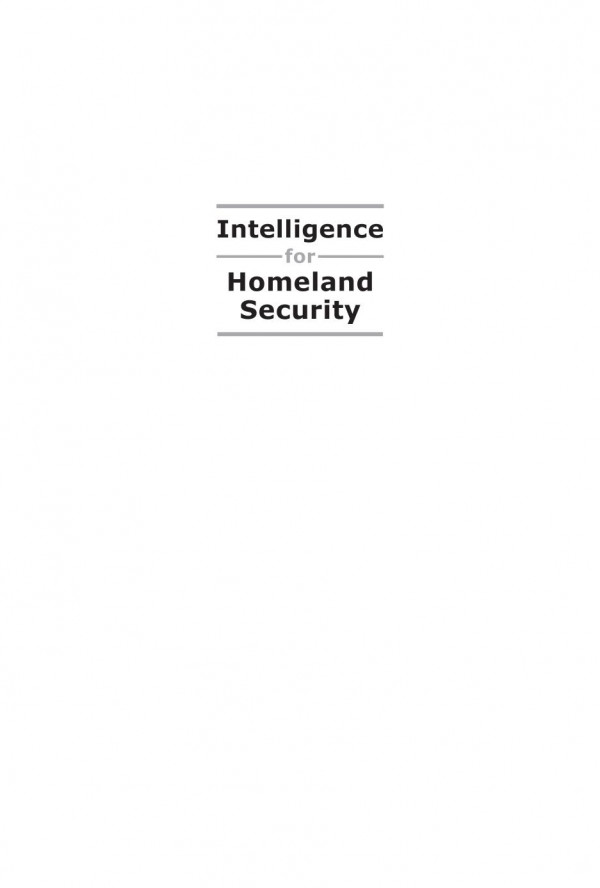

Most ebook files are in PDF format, so you can easily read them using various software such as Foxit Reader or directly on the Google Chrome browser.
Some ebook files are released by publishers in other formats such as .awz, .mobi, .epub, .fb2, etc. You may need to install specific software to read these formats on mobile/PC, such as Calibre.
Please read the tutorial at this link: https://ebookbell.com/faq
We offer FREE conversion to the popular formats you request; however, this may take some time. Therefore, right after payment, please email us, and we will try to provide the service as quickly as possible.
For some exceptional file formats or broken links (if any), please refrain from opening any disputes. Instead, email us first, and we will try to assist within a maximum of 6 hours.
EbookBell Team

4.7
96 reviewsSince the September 11 terrorist attacks—considered one of the worst intelligence failures in US history—the many agencies that constitute the homeland security enterprise have aggressively developed their intelligence capabilities and activities. Jeffrey Dailey and James Phelps provide a comprehensive introduction to the nature of intelligence, its structures, roles, and missions, in the context of homeland security. This accessible text: • Covers the full gamut of agencies involved in homeland security • Tackles difficult ethical issues • Discusses specific threats—ranging from drug trafficking and money laundering to bioterrorism and the challenges of Covid-19—and how they are dealt with by the intelligence community • Looks at how intelligence for national security can be applied to domestic security • Addresses the realities of intelligence sharing among federal, state, and local organizations. Enriched with numerous case studies of both successes and failures, the book has been carefully designed to meet the needs of students focusing on homeland security, intelligence, criminal justice, policing, security management, and related fields.